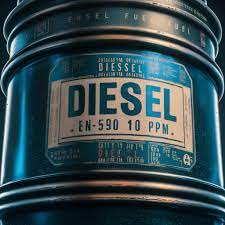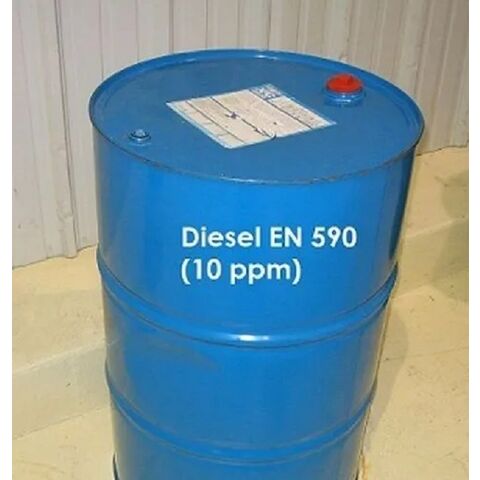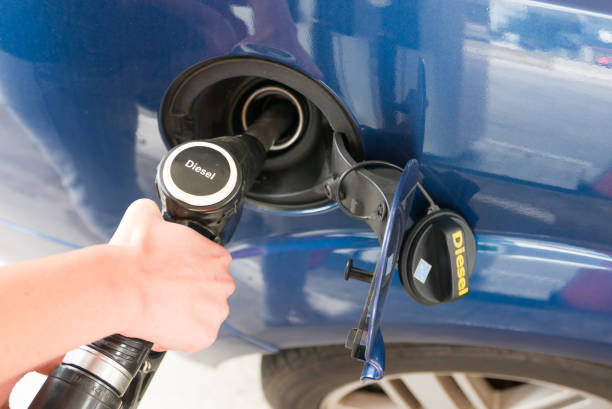
Diesel EN590 is the European benchmark standard for automotive diesel fuel, recognized globally for its high environmental performance and fuel quality. Known as Ultra Low Sulphur Diesel (ULSD), EN590 diesel contains a maximum of 10 parts per million (ppm) of sulfur, making it one of the cleanest-burning diesel fuels available today.
EN590 refers to a set of fuel specifications defined by the European Committee for Standardization (CEN) to ensure diesel used in automotive engines meets stringent performance, emissions, and environmental requirements. This fuel standard aligns with the latest European emission standards, including Euro 4, Euro 5, and Euro 6, promoting cleaner air and better engine performance.
The EN590 standard has evolved significantly since the early 1990s, when the European Union began reducing sulfur levels in diesel fuels. Milestones include:
1993: Initial reductions in sulfur content.
1999: Introduction of ULSD with a 50 ppm sulfur cap.
2005–2009: Transition to 10 ppm sulfur to comply with modern emission control technologies.
This evolution supports the adoption of diesel particulate filters (DPFs), exhaust gas recirculation (EGR), and selective catalytic reduction (SCR) systems in modern engines.

EN590 offers different grades to accommodate seasonal and regional temperature variations:
Grade A–F: For temperate climates; filterability ranges from +5°C to –20°C.
Class 2 (Arctic/Alpine): Enhanced cold flow properties for extreme cold.
These grades prevent gelling and ensure smooth engine operation even in harsh winter conditions.
Passenger cars
Trucks and buses
Agricultural machinery
Construction equipment
Backup generators
Marine engines (inland or regulated waters)
EN590 is universally compatible with modern diesel engines, supporting advanced emission systems and high-pressure fuel injection technologies.
Ultra-Low Sulfur Emissions: Drastically reduces sulfur dioxide (SO₂), a major pollutant.
Improved Urban Air Quality: Enables advanced after-treatment systems to reduce particulate matter and NOx.
Engine Longevity: Cleaner combustion minimizes carbon buildup and engine deposits.
Support for Emission Controls: Necessary for DPFs, SCR systems, and EGR valves to function properly.

To compensate for the loss of natural lubricity from sulfur removal, EN590 includes performance additives such as:
Lubricity Enhancers
Cetane Improvers
Cold Flow Improvers
Corrosion Inhibitors
Anti-Foam Agents
These additives ensure consistent performance, fuel system protection, and efficiency under varying conditions.
EN590 diesel travels through a sophisticated infrastructure:
Refineries – Production and desulfurization.
Storage Terminals – Bulk holding and blending.
Distribution – Via tankers, rail, and pipelines.
Retail Stations – Final dispensing to end-users.
Strict handling is required to avoid contamination with higher-sulfur fuels.
Diesel EN590 plays a key role in energy transition efforts, reducing emissions from traditional fuels while enabling the use of cleaner alternatives. It is also a valuable export product, particularly for refineries in the Middle East and Asia serving European markets.